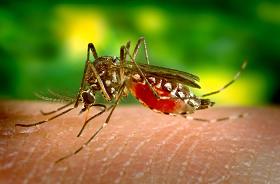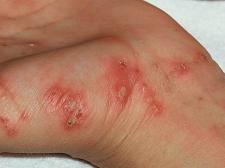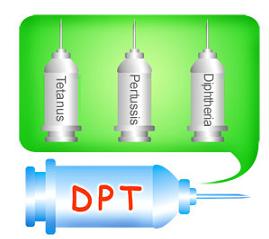Leptospirosis in Humans – Cause, Signs and Symptoms, Diagnosis, and Treatment
posted by: Rio Dianne
 The Center for Disease Control and Prevention (CDC) defines Leptospirosis as a bacterial infection which affects both humans and animals like dogs. The bacterium responsible for its cause is the Leptospira bacterium which brings an array of symptoms among humans.
The Center for Disease Control and Prevention (CDC) defines Leptospirosis as a bacterial infection which affects both humans and animals like dogs. The bacterium responsible for its cause is the Leptospira bacterium which brings an array of symptoms among humans.
This is a rare disease, but should not be taken lightly because of the complications it brings. Thus, learn more as we give you leptospirosis in humans – its cause, signs and symptoms, diagnosis, and treatment.
What Causes Leptospirosis
When a person comes in contact with the genus Leptospira, transmission can happen. Oftentimes, the bacteria can be found in contaminated water with the urine of an animal especially urine of rats and moles.
Moreover, there are risk factors associated for the occurrence of the disease. Some of them are:
- Nature of job e.g. farmers and rice field workers, etc.
- Exposure to infected mice or rats at home
- Exposure to water with urine of an infected animal
Leptospirosis – Signs and Symptoms
Symptoms may begin to manifest two to twenty five days after exposure to the causative agent. Basically, some of the symptoms may consist of the following:
- Fever
- Chills
- Headache
- General weakness
- Nausea, vomiting, and diarrhea
- Abdominal pain
- Muscle rigidity
- Enlarged lymph nodes
If any of these symptoms is experienced, the sufferer will then be recommended for blood test as well as urinalysis and liver enzymes to test presence of the bacteria.
How to Treat Leptospirosis
Cases of this infectious disease are usually treated with antibiotics including- ampicillin, penicillin, ceftriaxone, and doxycycline. Severe cases my require emergency medicine through intravenous route to cure the disease. There is a high risk for liver and kidney complication when the infectious disease isn’t treated promptly. Therefore, dialysis treatment may be required if this becomes the case.
Disease Prevention
Since this is contagious, it is necessary that you talk with your health care provider about necessary precautions you may employ to avoid transmission of the infection. In some places somewhere in Asia and Europe, vaccine for the infection is available which should be given yearly.
In mild cases, the outlook is good thus at the onset of symptoms which mimic the disease, health care should be sought immediately to avoid worsening of the problem.
You might also like
|
|
|
|
|




